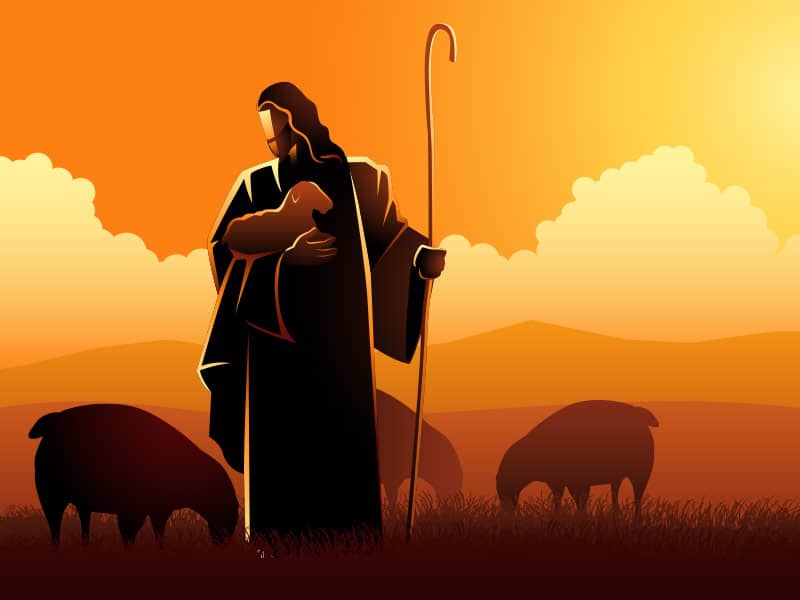That something big was the first all-star rock fundraising concert, held at Madison Square Garden in 1971. The Concert for Bangladesh, organized to send funds to UNICEF on
 |
 |
 |
 |
||
 |
In His Own Words Harrison on spirituality, meditation, and more. Deepak on George Deepak Chopra on his friend's relationship with eastern religion and Jesus Christ. Quiz How much do you know about the spiritual side of the Fab Four? |  |
|||
 |
|||||
 | |||||
The concert was a variety show in which most of the headliners played on stage together (unlike Woodstock, where acts had followed one another). The first part was heavily Indian, with Shankar leading off, before George, Ringo, Eric Clapton, Bob Dylan, Billy Preston and Leon Redbone took over. Dylan's performance, most who attended agree, was the highlight of the evening.
In the end, the funds were tied up by the IRS (George's moneyman neglected to work through a nonprofit corporation) and it took years for UNICEF get the $9 million raised. George in a later interview said the money was only half the point: "Mainly the concert was to attract attention to the situation that was happening at one time. The money we raised was secondary. Little Bengali waiters in Indian restaurants still come up to me and say, "When we were fighting in the jungle, it was so great to know there was someone out there supporting us."
Eight years later, a group of mostly worn-looking '60s rockers gathered in the No Nukes concerts-beginning with a show in Madison Square Garden. The logistical problems of assembling the top acts of the day--Dylan and Clapton
 |
 |
 |
 |
||
 |
In His Own Words Harrison on spirituality, meditation, and more. Deepak on George Deepak Chopra on his friend's relationship with eastern religion and Jesus Christ. Quiz How much do you know about the spiritual side of the Fab Four? |  |
|||
 |
|||||
 | |||||
It took another hunger crisis in the third world to produce another show like Bangladesh. In 1984, the Boomtown Rats' Bob Geldof, shocked by a BBC report from Ethiopia, co-wrote "Do They Know It's Christmas" and proceeded to fly around the world to persuade other musicians badgered to record the single under the title Band Aid. The tune was syrupy and the lyrics bland, but with acts like Sting, Phil Collins, George Michael and Bono swaying shoulder to shoulder on the video and nearly constant radio play, the song became the fastest-selling single ever. Geldof then organized two huge simultaneous concerts held on either side of the Atlantic, which he called Live Aid. The concert raised more than $70 million.
At Live Aid, Bob Dylan made an offhand comment from the stage about making a similar effort for farm families in the United States. Willie Nelson took Dylan's notion to heart, and six weeks later the first Farm Aid concert, sponsored by Nelson, Neil Young and Jon Mellencamp and featuring a distinct country twang, raised $7 million. A dozen more concerts have followed. "The lineage of these kinds of concerts can be traced back to Concert for Bangladesh," says Farm Aid program director Ted Quaday. "It gave birth to Live Aid, and Farm Aid is a direct descendent of the Live Aid."
Few, perhaps, in the Farm Aid audiences, or Jackson Browne's benefits for scholarships for Native American students, or Paul Simon's Children's Health Fund, or Billy Joel's work on behalf of the Long Island fishermen, would sit through a rousing sitar set the way the crowd at Madison Square Garden did that night for Bangladesh. But they'd recognize the spirit.

